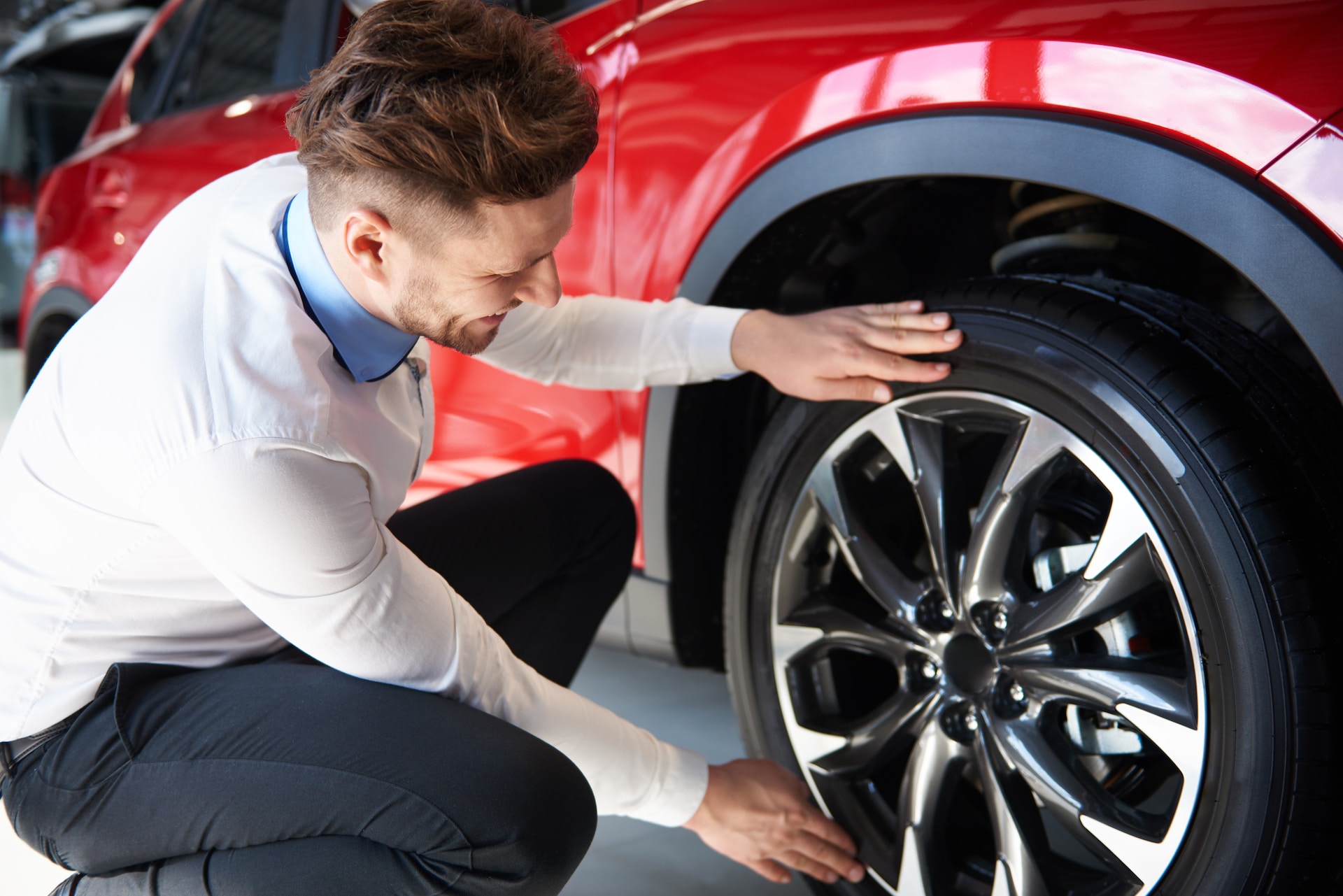As a vehicle owner, you want your car to run smoothly and safely on the road. One important aspect of ensuring this is regularly inspecting your wheels. Wheels are crucial components of your vehicle that require proper maintenance to ensure optimum performance.
In this article, we will discuss the importance of wheel inspections and how they can help you avoid bumpy rides.
Wheel Inspections: What Are They and Why Are They Important?
Basically, they are a critical process that involves checking the condition of your wheels and their components. This includes the tires, rims, hub, and bearings. Regular wheel inspections are important because they help to identify any issues that could potentially cause problems while driving. For instance, worn-out tires can lead to poor traction and reduced braking ability, while damaged rims can cause wheel alignment problems.
By inspecting your wheels, you can detect any potential issues early and address them before they become a significant problem. This can save you money on expensive repairs and prevent accidents caused by faulty wheels.
How Often Should Your Wheels Be Inspected?
The frequency of wheel inspections depends on several factors, such as the type of vehicle, the driving conditions, and the mileage. However, as a general rule, it is recommended that you inspect your wheels at least once every six months. If you frequently drive on rough roads or in harsh weather conditions, you may need to inspect your wheels more frequently.
Additionally, you should inspect your wheels if you notice any unusual noises, vibrations, or changes in handling. These could be signs of wheel issues that require immediate attention.
What Should You Look for During Wheel Inspections?
During a wheel inspection, there are several things you should look for. These include:
Tire Wear
Check your tires for signs of wear, such as uneven tread wear or bald spots. This could be an indication of alignment issues or improper tire inflation.
Tire Pressure
Make sure your tires are properly inflated according to the manufacturer’s recommendations. Underinflated tires can cause poor handling and reduce fuel efficiency.
Rim Damage
Inspect your rims for any signs of damage, such as cracks, dents, or bends. Damaged rims can cause alignment problems and affect the overall performance of your vehicle.
Hub and Bearing Issues
Check your hub and bearings for signs of wear or damage, such as excessive play or noise. These components are crucial for ensuring the smooth operation of your wheels.
Wheel Alignment
Make sure your wheels are properly aligned. Misaligned wheels can cause uneven tire wear, poor handling, and reduced fuel efficiency.
How to Perform Wheel Inspections
Performing a wheel inspection is a relatively simple process that can be done at home or by a professional mechanic. Here are the steps to follow:
- Park your vehicle on a level surface and engage the parking brake.
- Inspect each wheel individually, starting with the front left and moving clockwise.
- Check the tire wear, tire pressure, rim damage, hub, and bearings.
- If you notice any issues, address them immediately. This may involve replacing worn-out tires, repairing damaged rims, or adjusting the wheel alignment.
- Finally, take your vehicle for a test drive to ensure the issues have been resolved and your wheels are functioning properly.
Conclusion
Regular wheel inspections are crucial for ensuring the safety and performance of your vehicle. By inspecting your wheels regularly, you can detect any potential issues early and address them before they become a significant problem. This can save you money on expensive repairs and prevent accidents caused by faulty wheels.
Remember to inspect your wheels at least once every six months or more often than that if you usually drive on rough roads or in harsh weather conditions. By doing so, you can enjoy a smooth and safe ride on the road.
If your American or Japanese vehicle is in need of an inspection or an auto repair in Culver City, look no further than our services here at Automed Car Care. Whether your car needs brake repairs, an oil change, battery repairs, or another type of service, count on our mechanics to get the job done to your satisfaction. Visit our nearest branch today and let us tend to your car wheels in no time.




